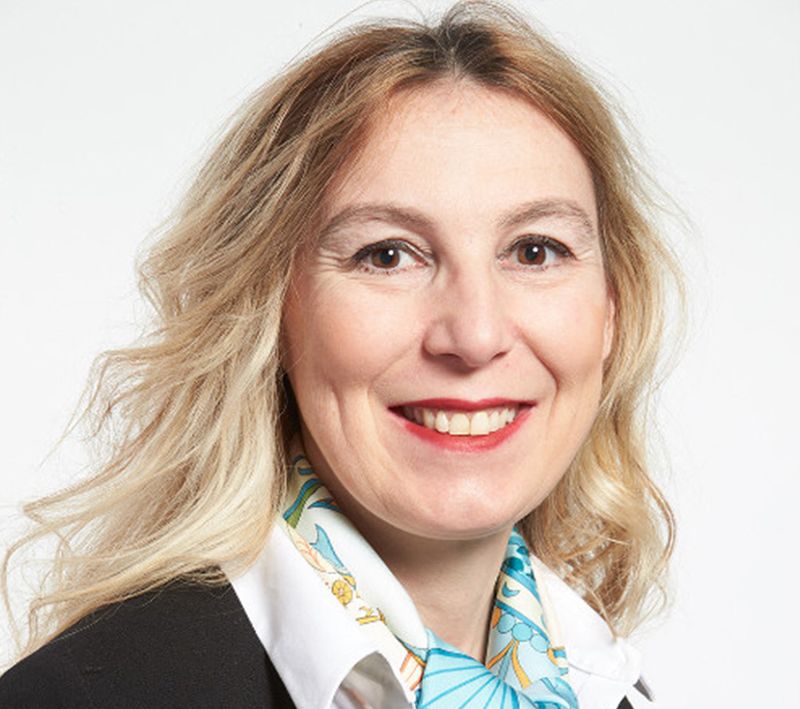By Cheryl Lu-Lien Tan
NEW YORK (Reuters) - "Challenge the status quo and do not settle."
That is the mantra of Magali Muratore, who joined New York-based fashion brand Tory Burch LLC in July as executive vice president and chief technology officer.
"It's not about being perfect, but instead always reaching for better, jumping in with both feet and not being afraid of change," said Muratore, who moved from Capital One, where she was senior vice president and chief information officer of Retail, Direct and Small Business Banking.
"Change is a good thing - with it comes new challenges and opportunities."
Muratore talked to Reuters about the power of change. Edited excerpts are below.
Q. What was your very first job?
A. My very first job after graduation was in Paris at Hyperion, which has since been acquired by Oracle (NYSE:ORCL). It was my first introduction to data integration.
I discovered I was motivated by driving change in large organizations and blending strategic vision and a customer-focus with rigorous engineering execution.
Q. How did these recent times change your approach to technology strategy in a corporation?
A. Even before the pandemic, we (at Capital One) had been focused on designing and creating physical and digital workspaces that foster rapid innovation and fluid collaboration, which are more important than ever at a time when the majority of our associates are working from home.
Being built like a modern technology company allowed us to respond like a modern technology company: rapidly identifying stresses in the system, harnessing data and software to reimagine new ways of thinking and quickly scaling solutions to our associates and customers.
Q. What advice do you have on work-life balance?
A. The pandemic has not only changed how we work, but also how we live. It's not uncommon for a meeting to briefly pause to wave to a child or say "hi" to a pet. In planning team events, we strive to make them family-friendly.
We adjusted what were previously in-person lunches to create remote small group sessions, where I met with the team to hear directly from them on what challenges they might be facing, and together, we discuss context and solutions.
In the absence of previous organic moments in the office, these sessions enabled me to connect and hear directly from the team.
Based on the feedback from our associates, we scheduled monthly "meeting-free days" and "Airplane-Mode Fridays" (a four-hour block every Friday afternoon meant to be meeting- and Slack-free) to ensure that the team had the space they need to not only take care of themselves, but their loved ones, too.
Q. You've been quoted as saying, "The pandemic has been challenging, but I believe it has turned me into a more effective leader." How so?
A. Throughout my career, I've found that it's important to listen to the team and their needs, provide a sense of purpose and to be empathetic.
The pandemic has further reinforced these values, but also reminded me of ways to be a more effective leader. For me, those reminders have included being more aware of the importance of emotional wellness.
This includes creating safe forums where associates can talk about their well-being and providing resources like additional coverage for virtual healthcare appointments, including mental health visits, to increase mental health support.
Also, showing vulnerability - the pandemic reinforced how important it is to show up authentically as a leader, share my own struggles and shortcomings and to be more open.
The pandemic has been a helpful reminder about how important it is to adapt, change and grow and to bring our teams along with us on that journey. Overall, I think we've all learned a lot about resiliency, communication and the importance of well-being, which is something we can leverage in all parts of our lives.
Q. What job advice do you often give?
A. Always stay open to new possibilities and opportunities.
If I had followed a rigorous career plan and path, I would have missed the ability to grow, learn and ultimately find what I enjoy doing most - leading technical teams.

If you had told me at graduation that I would support major tech transformations at Fortune 500 companies, I would have been surprised. But, embracing curiosity and saying yes to new opportunities outside of my comfort zone has been an important part of my professional journey.
I've learned throughout my career that no experience is a bad one, just another opportunity to grow.
